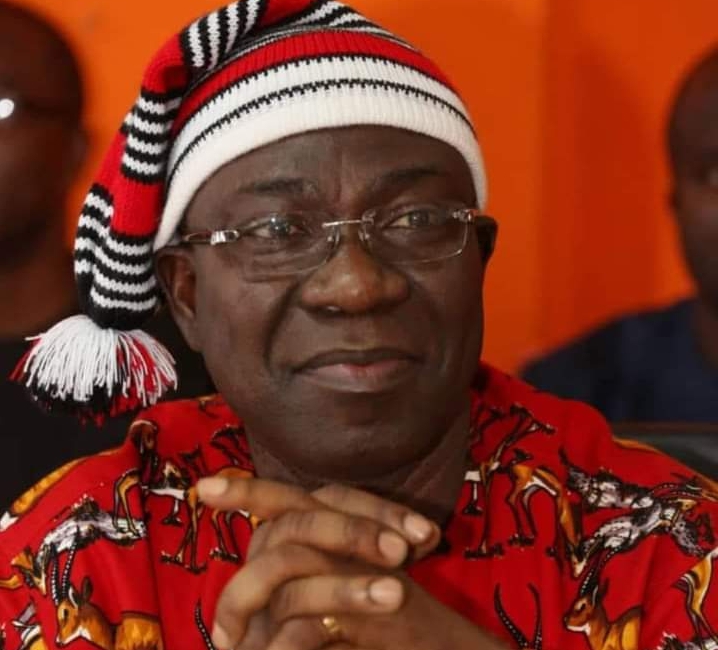Where is the best and safest place to obtain an organ for Ekweremadu’s child?
4 min read
Senator Ike Ekweremadu
As I thought more about the case of Ekweremadu and the need to find a kidney for his sick child, something came to my mind. The David Ukpos of this world are the wrong places to source such organ.
In the whole of the discussions over the case of Ekweremadu, one word seems to stand out as the most important word. That word is “exploitation”. Unfortunately, many people do not understand why that word dominates the debate. There was a reason why the lawmakers all over the world insisted that donation of human body parts must be free and without any commercial motive. He who donates his organ must do it free of charge as an act of charity. Also, he who receives organ must not pay for it.
Jurisprudence is the theory and philosophy of law. There are always some deeply embedded philosophical value to every aspect of the law. It is only when you understand that philosophical or moral value behind each aspect of the law that you can consider yourself knowledgeable in the law. So, why is it that the relevant British law governing organ donation made it a crime for a person to obtain organ with money, and why did the law insist that it must be done in non-exploitative manner? It is actually very simple to answer these questions.
First, there is a serious moral question at stake here. We do not want human body parts (organs) to become tradeable like motor spare parts. We must continue to value human lives and we must continue to uphold the sanctity of human life. For the moralists and people of the faiths, the human body part is part of what God put in human beings during creation. If you remember the argument over stem cells and the continued arguments over abortion, it is all based on our view of human life. Once you leave organ harvesting up to people to buy and sell, you will return us to the era when human beings could be traded, albeit now in bits and pieces, (as parts instead of a whole human being).
Another moral concern over trading in human body parts is that the poor will be the ones to sell their organs and the rich will be the ones to buy. In other words, trading in human organs will definitely result in a situation where the poor will be dying in order for the rich to live. (It is the fact that such is already happening that many consider our world unfair and unjust. Why do more of it by allowing exploitation of the poor by the rich to extend to the rich harvesting the organs of the poor?).
If care is not taken over this matter, we may come to a situation where the rich and the powerful will start breeding human beings for the purpose of having a steady supply of human organs for their own needs. Also, consider the fact that free trade in human organs will result in criminal gangs springing up to kidnap people and harvest their organs for sale. Furthermore, it may result in the powerful nations of the world coming to Africa to buy human body parts for the good life of their people. This will be a reenactment of a worse version of slave trade.
Now, to my question: Why did Ekweremadu try to buy organ from David Ukpo? Why didn’t he get an organ from the children of his fellow Senators or from the friends of his daughter? The reason is obvious. Only the poor would agree to sell their organs. Looking at the whole case, the safest source of organ for Sonia Ekweremadu should have been the Ekweremadu family itself. Why didn’t Senator Ekweremadu or his wife donate their own kidney to their child? Ekweremadu has other children that are adults: why didn’t he persuade any of his other children to donate one kidney to their sister? The reason is that they are too rich to lose an organ. The life of every person in Ekweremadu’s family is worth more than the life of David Ukpo. David does not deserve to have two kidneys: he must sell one to sustain the life of the rich, who cannot afford to die while the Davids of this world live their worthless lives.
To see the exploitative nature of the arrangement, once the organ of David was found not to be a match, the Ekweremadu had no further use of David. They wouldn’t even want to see him hanging around their space. So, they asked him to go back to Nigeria, back to poverty, after he had smelled the sweet air of London. When David realized that he really meant nothing to the Ekweremadus, that their interest in him was limited to obtaining his organ, he felt so low and betrayed. He realized then that every niceness the Ekweremadus had shown him in the past was a ploy to obtain his kidney. Who wouldn’t become desperate to resist such treatment?
Anybody telling you that the intentions of the Ekweremadu toward David were not exploitative is grossly mistaken. They used the boy. The British can see that very easily. That is why I believe that unless there is a successful diplomatic intervention from the Nigerian Government, Senator Ekweremadu and his wife are likely to be convicted and sentenced.
Emeka Ugwuonye is a Harvard trained attorney and founder of Due Process Advocates International

